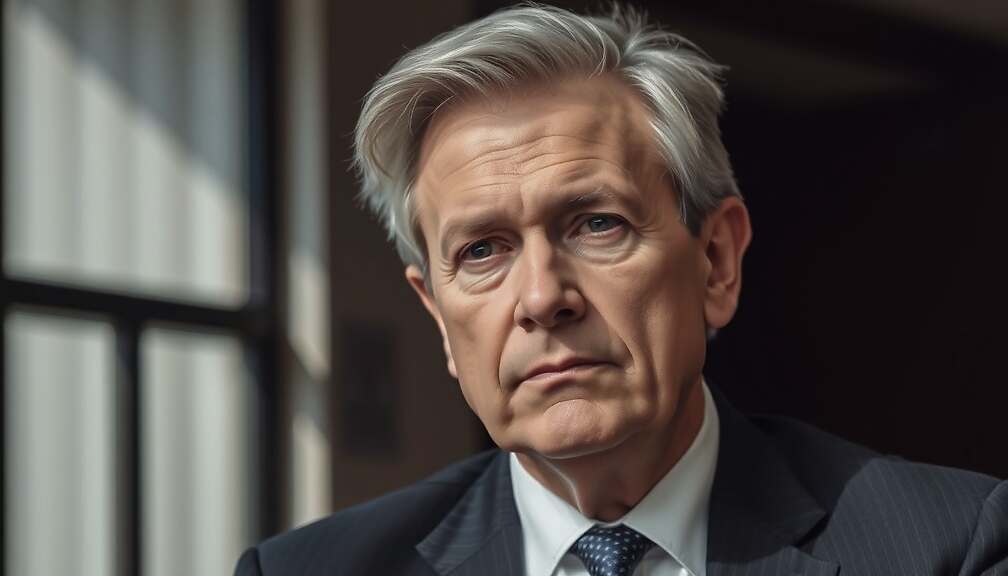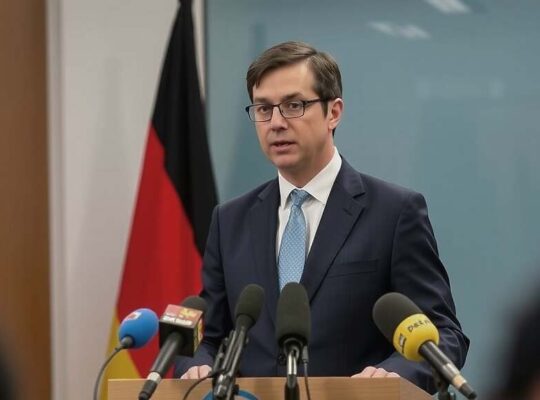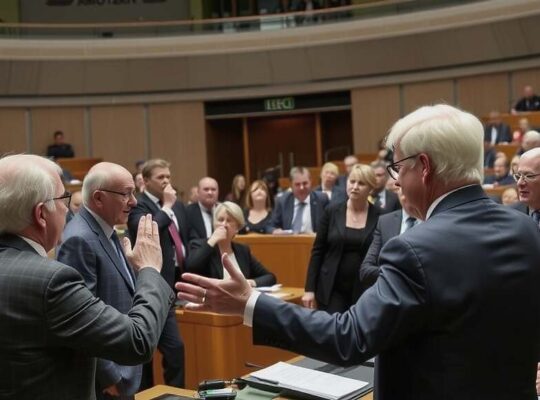A prominent legal scholar has lauded Germany’s role in recent discussions surrounding the potential strengthening of the International Criminal Court (ICC) in The Hague.
Claus Kreß, a specialist in international law at the University of Cologne, commended Germany’s stance during a special conference of the ICC contracting states held last week in New York. In a commentary published in the “Kölner Stadt-Anzeiger”, Kreß described Germany’s position as demonstrated “under particularly difficult conditions”. The resolution, aiming to develop enhanced jurisdiction over the crime of aggression by 2029, was deemed a “landmark stage” in the pursuit of effective international criminal justice.
Kreß sharply criticized the resistance from a minority of states – spearheaded by France and Great Britain with the backing of the United States – opposing the formal recognition of aggression as equivalent to the other core international crimes: genocide, crimes against humanity and war crimes. He argued that a crucial opportunity to eliminate double standards in international law had been lost. According to Kreß, preventing this “historic step” casts a shadow on the dissenting minority of contracting states and their frequently expressed commitment to a robust and equitable system of international criminal justice.
While acknowledging that it presents a “challenging endeavor” for Germany to adopt a stance diverging from that of France, Great Britain and the United States on a highly sensitive foreign policy issue, Kreß expressed hope that German diplomacy will continue to actively contribute “at the forefront” in pursuing the desired reforms.
Kreß served as a member of German government delegations involved in negotiations on the International Criminal Court from 1998 to 2017. He recently participated in the New York discussions as a scientific advisor to the German delegation.












